Protein Sources For Vegetarians
Non - Vegetarians have a lot of sources for protein. But when it comes to vegetarian protein sources there are only few which provides the complete protein. Proteins are the building blocks of body tissue provides the body with the energy it needs to grow and develop properly. When we digest protein, it breaks down into several forms of amino acids.The Institute of Medicine has found out that women require at least 46 grams of protein a day, and men require at least 56 grams a day.
The main sources of protein are meats, dairy products, fish and eggs. But this does not mean that vegetarian can't get the proper amount of protein. almost all foods have some protein, except very processed foods, alcohols, and oils.
There are actually many good things about not eating meat for protein. For example, it can help you stay away from high saturated fats and cholesterol level that's in animal-based protein. It's also good for the environment and helps you save money.
There are many other foods full of protein that vegetarians can add their diets. It can be hard to get all the protein from one place, but if you use a few foods that are full of protein in your diet, you can reach the amount you need every day.
Here are the 10 superb sources of proteins for vegetarians.
1. Greek Yogurt
 | |
| Sources Of Protein |
Greek Yogurt which has whey strained out of it, is a great source of protein. A small 6-ounce cup of Greek yogurt contains about 15-20 grams of protein in it. That's much more than regular yogurt, which has only about 9 grams of protein. Probiotic food also has a lot of vitamins and minerals.
Eating greek yogurt almost for all the time helps your digestive system to stay healthy, boost your immune system, help with weight loss, stop high blood pressure, lower bad cholesterol, and fight yeast infections.
2. Lentils
Lentils are another good choice for vegetarian protein sources. But they are not full protein food because they don't have all nine important amino acids. One cup of boiled lentils is enriched with almost 18 grams of protein. they are many good health reasons to eat lentils. they give energy, lower the risk of heart disease, help keep normal body weight, and keep the digestive system healthy.
3. Edamame
Edamame is a full protein food which means it has all important amino acids you need in your diet. One cup of edamame which is properly cooked contains about 17 grams of protein. Edamame beans ave fiber, vitamins, minerals, and healthy polyunsaturated fats, especially omega-3 alpha-linolenic acid. Edmame is also naturally free with gluten and don't contain a lot of calories.
4. Kidney Beans:
 | |
| Sources Of Protein For Vegetarians |
Kidney beans are other great protein sources for vegetarians. A single cup of properly boiled kidney beans contains 15 grams of protein. They contain almost all nine types amino acids but they are not a full protein because they don't have a lot of methionine, a proteinogenic amino acid. kidney beans have a lot of fiber, folate, magnesium, potassium, zinc, and vitamin k and B6.
They are also low in fats and cholesterol.
You May Also Like: Some Amazing Benefits of Apple Cider Vinegar
5. Tofu
Tofu is a soy milk product and also a good source of protein. 1/2 a cup of tofu has 10 grams of protein. It is having eight important amino acids and a high quantity of iron and calcium content. It also has manganese, selenium, phosphorus, magnesium, copper, zinc and vitamin B1.
6. Chia Seeds
Another good source of proteins for vegetarians is chia seeds. Two tablespoons of chia seeds will give you 9.4 grams of protein. They are also one of the best plant sources of omega-3 fatty acids. Chia seed can helps us with digestion, helps to treat anemia, provides energy, control blood sugar level, stops aging signs, and boost brainpower.
7. Quinoa
Quinoa has all nine important amino acids and is full protein sources. One cup of cooked quinoa has 8.14 grams of protein. Quinoa too hasa good amount of fiber, iron, potassium, magnesium, phosphorus, and folate content. Eating quinoa every day can lessen swelling and lower your risk of type 2 diabetes, cardiovascular disease, and colon cancer. It also helps in digestion and helps you keep healthy body weight.
You May Also Like: Benefits of Almonds If You Eat Daily
8. Soy Milk
 | |
| Sources Of Protein For Vegetarians |
Soy milk is used instead of milk by a lot of vegans and people who are lactose intolerant and cannot drink milk. It is full of protein and has vitamin A, B12, and D. A single cup filled with soy milk contains 8 grams of protein.
You May Also Like: Exclusive Benefits Of Bananas
9. Greens peas
 |
| Source Of Vegeterian Protein |
One of the simple best sources of vegetable protein are green peas or any type of peas for that matter. Green peas also have potassium, magnesium, iron, zinc, folate, and vitamins B, C, A, and K. They are also less in calories. One cup of cooked green pea gives you about 8 to 10 grams of protein. Green peas can help lower the risk of heart disease, arthritis, and type 2 diabetes.
10. Peanut Butter
Last but not the least for vegetarian protein sources, comes the peanut butter. peanut butter is another great way to get protein. This nut butter is a good source of monosaturated fat and fiber. It is also full of vitamins. Just two tablespoons of peanut butter have 8 grams of protein. If you're careful not to eat too much of it at once, this butter can help lower bad cholesterol and help keep you at a normal weight.
Hence there are a lot of sources of proteins for vegetarians too. Here, is a quick summary of protein source chart for vegetarians.
You May Also Like: Lose Weight In Just A Week
Vegan Protein Sources Chart
1. Greek Yogurt - 15-20 grams / cup
2. Lentils - 18 grams / cup (boiled lentils)
3. Edamame - 17 grams of protein / cup (cooked edmame)
4. Kidney Beans - 15 grams / cup (boiled)
5. Tofu - 10 grams / half cup
6. Chia Seeds - 9.4 grams / 2 tablespoon
7. Quinoa - 8.14 grams / cup
8. Soy Milk - 8 grams / cups
9. Greens peas - 8-10 grams per cup (cooked)
10. Peanut Butter - 8 grams / 2 tablespoon
Now I would like to wind up with my vegetarian protein sources.
Hope that you liked this article. If you really liked it feel free to share it among everyone using our social media icons.


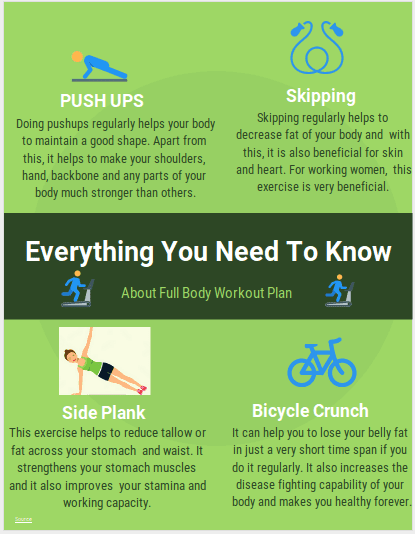

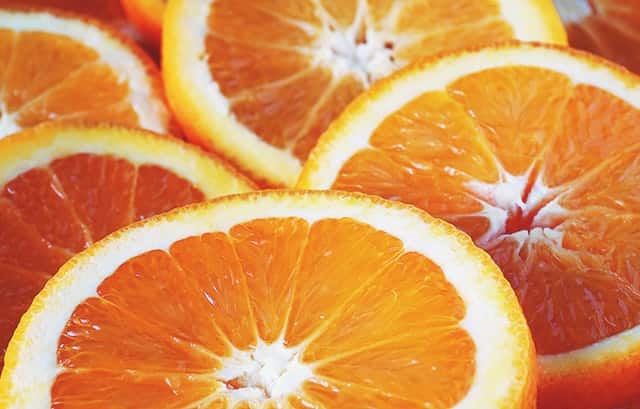
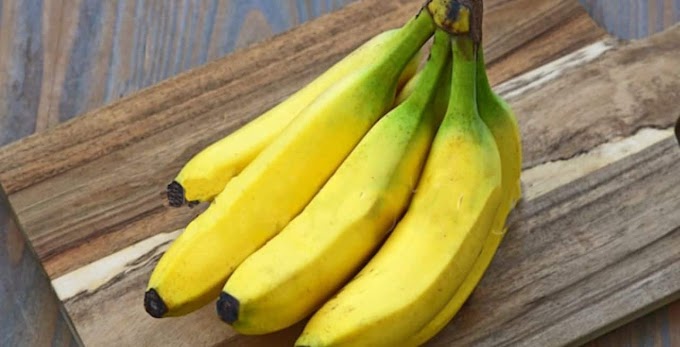
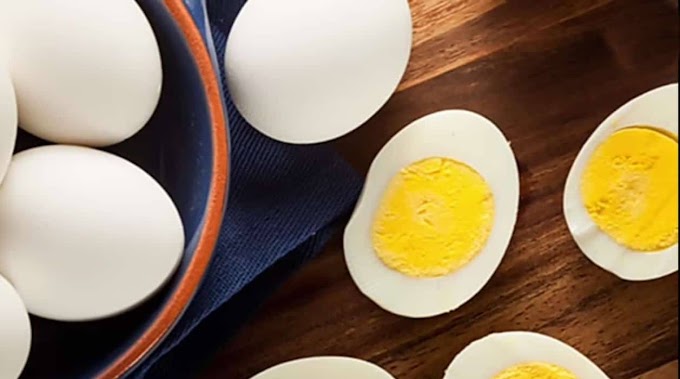
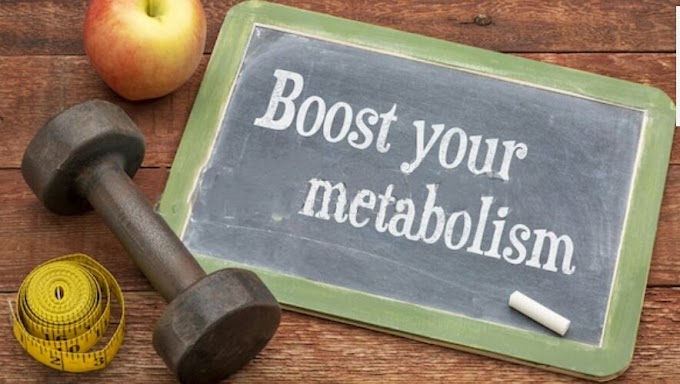

0 Comments